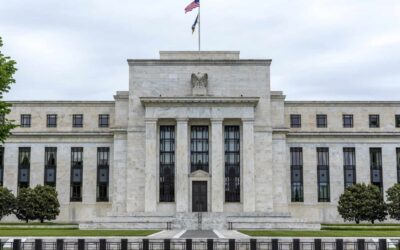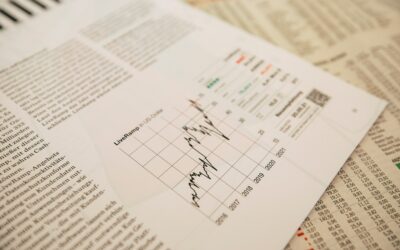Industry Spotlight: Tariffs
Tariffs are taxes on imported goods. Historically, their value has been controversial. Observationally, they tend to produce unintended consequences.
As to who pays the tariff, it could be the importer of the good or service or it could be us, the consumers of said goods or services. This is dependent on the pricing power of the importer. In most cases, historically, tariffs are paid by the consumer. Tariffs are not paid by the producer.
To the extent that the importer can source a given product or service from another provider and country, then the tariff may hurt the target country/producer. However, if there are tariffs on all imported goods, then the consumer is almost certainly going to see increased prices (or the importer will face decreased profitability and cashflow) until such time as the goods or services can be insourced. Prior pricing (and/or profitability and cashflow) are going to be attained only if the insourcing results in a similar cost as the (pre-tariff) imported item. This may, of course, take some time, or it may not be reasonably achievable.
The net result, in most cases, is an increase in cost to the end consumer.
You can find a discussion from the Tax Policy Center here. Here is one from Investopedia. And Wikipedia has a detailed history of tariffs, found here.
This material is distributed for informational purposes only. Investment Advisory services offered through Journey Strategic Wealth, an investment adviser registered with the U.S. Securities and Exchange Commission (“SEC”). The views expressed are for informational purposes only and do not take into account any individual’s personal, financial, or tax considerations. Opinions expressed are subject to change without notice and are not intended as investment advice. Past performance is no guarantee of future results. Please see Journey Strategic Wealth’s Form ADV Part 2A and Form CRS for additional information.













